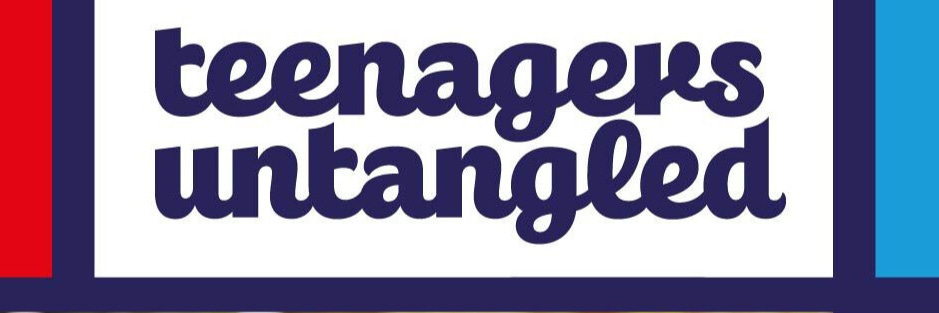Navigating the identity maze:

A parent's guide to teen self-discovery
In the years since I started my podcast, and watched closely as my bonus daughters and teens developed, I've learned that identity formation is perhaps the most complex and critical journey of adolescence. It's not just a phase—it's the fundamental work of becoming a fully realized human being, which never really ends. That’s one of the most important things for us parents to grasp. It’s not a destination; it's an ongoing exploration.
Some key insights I've discovered:
-
The Fluidity of Self
Teenagers are not fixed entities. They're experimental beings, trying on different "hats" of personality, interests, and social roles. What looks like inconsistency to us is actually a crucial developmental process. Your child who was a classical music lover last year might now be deeply into punk rock—and that's perfectly normal. My bonus daughter went from Emo to sophisticated businesswoman and is now a digital nomad.
Parental Advice: Embrace the change. Avoid saying, "But you used to love..." Instead, ask curious, open-ended questions: "What's drawing you to this now?"
-
The Digital Identity Landscape
Online platforms are modern identity workshops. Contrary to popular belief, not all digital interaction is toxic. My daughter found inspiring online mentors—a med student doing study sprints and a political debater who expanded her worldview. When they say ‘Show me your five closest friends and I’ll show you who you are’ those ‘friends’ may not be available to your teen in their immediate surroundings.
Parental Advice: Don't demonize online spaces. Help your teen develop critical thinking skills to navigate digital identities safely.
-
The Importance of Self-Worth
Identity isn't about external validation but internal confidence. Teenagers desperately need to feel they are fundamentally okay, regardless of their current interests or social standing. Staying strong whilst our teens experiment, and being able to consistently tell them that they are loved no matter what is the best thing we can do to support healthy identity development.
Parental Advice: Consistently communicate unconditional love. "I love you, not for what you do, but for who you are."
-
Breaking Free from Labels
We often inadvertently trap our children in identity boxes. "You're the smart one," "You're the sporty one." These labels can become psychological constraints and make it very difficult for our teens to move on or break free. It can be very tempting to us because it makes it much easier to think about our kids. When my daughter fell in love with a girl I let her know that I was completely supportive of any life choices she made. I also asker her if she wanted to label her sexuality, and she replied no, because she thinks she falls in love with the person, not their sex. This has been an excellent approach, because she is now exploring relationships with boys. If she had said yes and that she identified as lesbian it would have been equally important to acknowledge that, but allowing her to tell people herself.
Parental Advice: Recognize and celebrate multiple dimensions of your child's personality. Encourage exploration beyond established narratives.
-
Communication: The Identity Bridge
Create a home environment where identity exploration is safe. Have open, non-judgmental conversations about who they're becoming.
Practical Tip: Try a family feedback game where you share how you see each other—but only in a loving, constructive manner.
Red Flags to Watch While exploration is normal, be alert to:
-
Sudden, extreme personality shifts
-
Persistent feelings of disconnection
-
Inability to maintain any sense of self
-
Extreme people-pleasing behaviors
When to Seek Help If your teenager seems consistently distressed about their identity or shows signs of deep insecurity, consider:
-
Talking with their school counselor
-
Seeking a teen-focused therapist
-
Creating more structured identity exploration opportunities
Final Thoughts Identity formation is not a problem to be solved but a journey to be supported. Our role is not to direct but to illuminate—providing a safe, loving environment where self-discovery can flourish. Remember: The goal is not to create who you want them to be, but to support them in becoming who they are meant to be.
If you want to listen to our discussion or any of the other episodes, you can find everything either on Substack, or my website:
https://www.teenagersuntangled.com/137-identity-formation-the-main-job-of-a-teenager/




